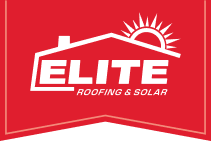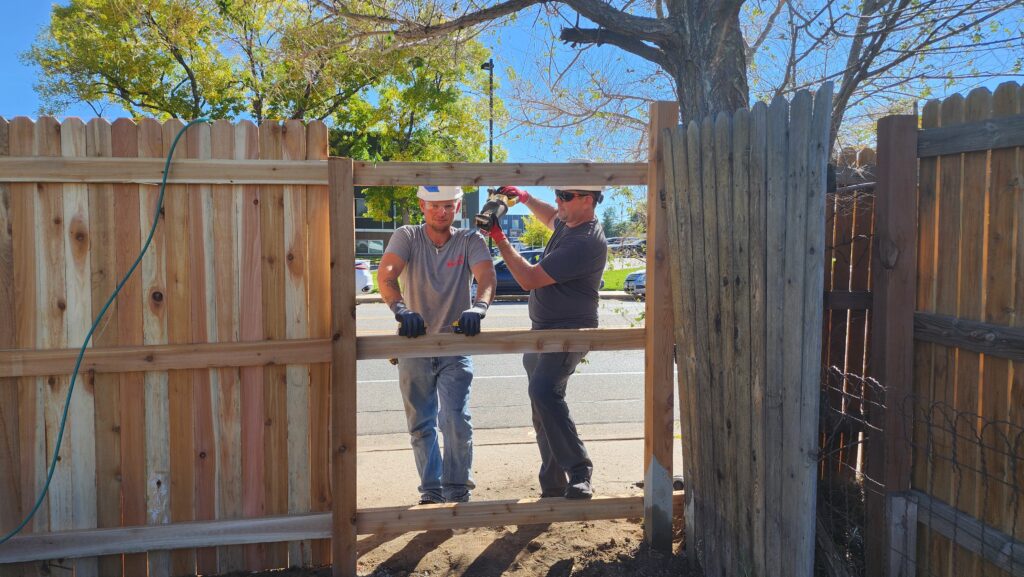Yes, most homeowners in Colorado qualify for the 30% federal solar tax credit if they own their home, install a new solar system by the end of 2025, and owe federal income taxes.
Below, Elite Roofing & Solar breaks down the full eligibility requirements—and how to make sure you don’t miss out on this limited-time rebate.

Questions About Your Eligibility for the Solar Tax Credit?
The Federal Tax Credit for solar panels remains the most significant incentive available for homeowners, but eligibility may be unclear if it’s your first time looking into this rebate. So to help clear up any confusion, we’re breaking down the eligibility requirements and sharing how homeowners can take advantage by completing a solar installation before this incentive goes away at the end of 2025.
What Is the Federal Solar Tax Credit?
The federal solar tax credit, also known as the Investment Tax Credit (ITC), allows you to deduct 30% of the cost of installing a solar energy system from your federal taxes.
Crucially, this is a tax credit, not a tax deduction. This means, rather than reducing your taxable income, this incentive is a direct reduction on your taxes owed—a much more significant rebate.
The federal solar tax credit was expanded as part of the Inflation Reduction Act of 2022 and was originally scheduled to begin its phaseout in 2032. Unfortunately, the residential solar tax credit will end on December 31, 2025, while the commercial credit is available for a bit longer (projects must begin construction by July 4, 2026).
Who Is Eligible for the Solar Tax Credit?
Eligibility requirements for homeowners to receive the solar tax credit include:
- You own your home (not leasing solar)
- The system is new or a first-time installation
- Located at your primary or secondary U.S. residence
- Installed before the end of 2025
- You owe enough federal taxes to benefit
Commercial properties can similarly receive a 30% rebate, with incentives available for projects that start before July 4, 2026, and are put into service by December 31, 2027.
The IRS also has incentives available for nonprofits with no taxable income called Elective Pay, or Direct Pay. Instead of receiving a rebate on taxes, nonprofits such as churches can receive a refund check from the IRS for qualifying projects, such as solar panel installation.
Who Is NOT Eligible for the Credit?
There are several exceptions to the ITC program that may leave some homeowners ineligible. Here are a few of the most common cases where individuals may be ineligible for this credit.
- You have no taxable income
- You’ve already claimed the credit on an existing system
- You’re leasing solar instead of buying it
- You bought a home with existing solar (unless you expand the system)
What Expenses Are Covered Under the Tax Credit?
Virtually all expenses associated with solar panel installation are eligible for the solar tax credit. This includes expenses such as:
- Solar panels
- Inverters
- Wiring and installation
- Permitting fees
- Energy storage (such as Enphase, Tesla Powerwall, or other solar-powered systems)
What Forms Do You Need to Claim the Credit?
To claim the solar tax credit, homeowners should use IRS Form 5695. Most homeowners can complete this form with their tax professional during filing.
If you do not have a tax professional, we recommend finding a CPA. While the above eligibility requirements are fairly straightforward, exceptions exist to many of the scenarios described above.
A CPA can help more concretely determine your eligibility before deciding whether to purchase and install a new solar system for your home, and assist with the necessary forms if you do go through with the installation.
Q: What is the solar tax credit in 2025?
A: It’s a federal incentive that lets homeowners deduct 30% of their solar installation costs from their taxes. But it ends after December 31, 2025.
Q: What expenses qualify for the federal solar tax credit?
A: Solar panels, inverters, wiring, permits, and even batteries like Enphase are covered.
Q: Can I claim the tax credit if I don’t owe federal taxes?
A: No. The solar tax credit only applies if you owe income tax. However, nonprofits may qualify for Direct Pay instead.
Q: How do I apply for the solar tax credit?
A: File IRS Form 5695 with your federal tax return, or ask a CPA to help.
Q: I already have solar. Am I eligible for the solar tax credit?
A: The solar tax credit is only available to those purchasing a new solar array. If a homeowner already owns a system they previously installed, they will likely not be able to qualify for this rebate.
Q: I am purchasing a home with solar installed already. Do I qualify?
A: Homeowners purchasing a home with solar panels installed may retain eligibility for the solar tax credit if they decide to add to the existing solar system.
Q: Are there other solar rebates available?
A: Yes, read about the Xcel Solar Battery Storage Program.
Go Solar Before the Tax Credit Runs Out!
With the solar tax credit now officially ending after 2025, homeowners have a very limited time to complete their solar installation and take advantage of this incredible 30% rebate.
At Elite Roofing & Solar, our in-house solar installation team enables us to streamline the process of preparing your roof for solar and completing your installation, ensuring your system will be online in time to receive the tax benefits.
There’s no way to know if this type of incentive will ever be available again. Schedule a solar consultation with our team today to take advantage!








